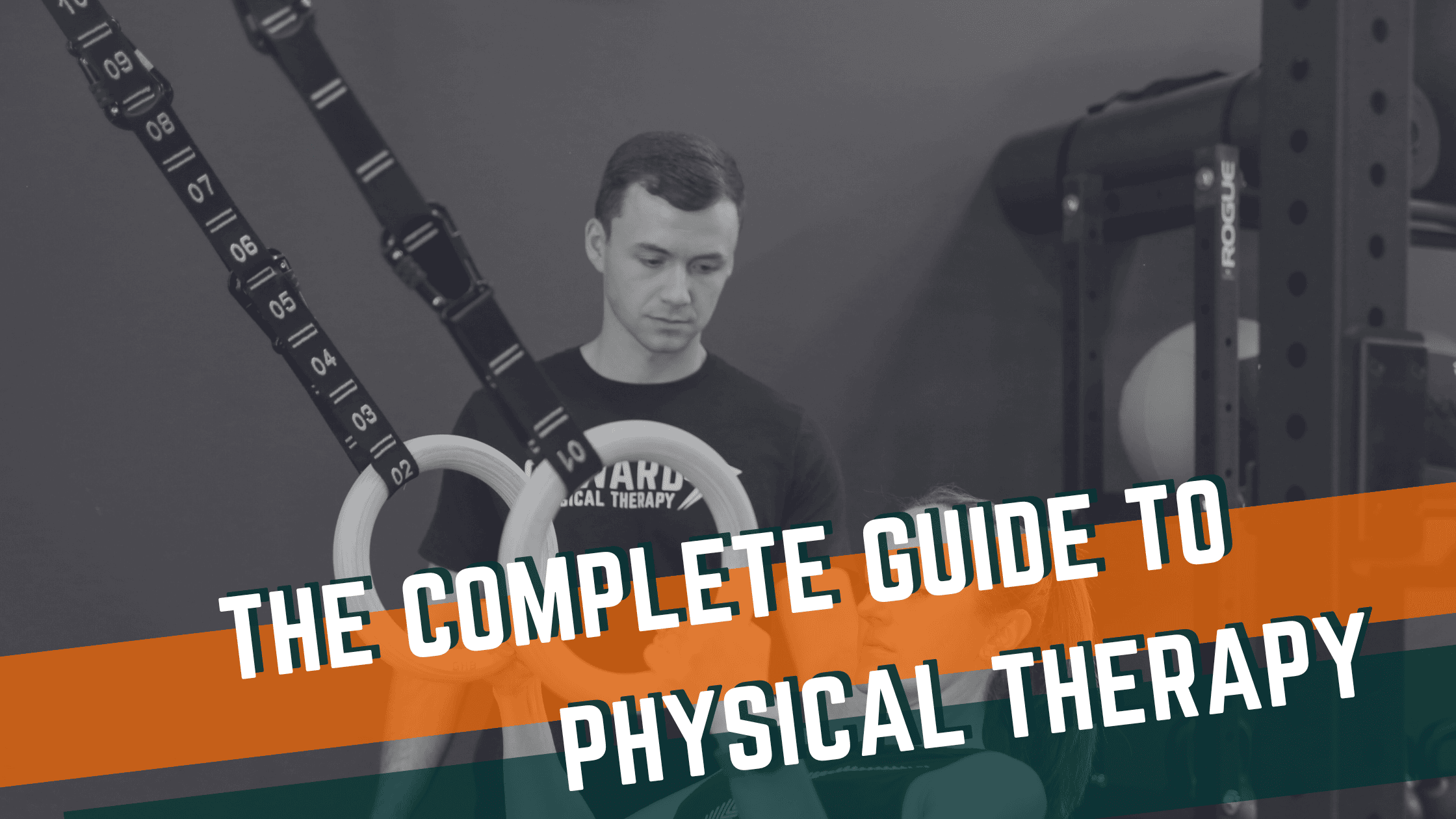
Huge shifts have happened in the running world in recent years. Contrary to traditional beliefs, we now know how important strength training is for running performance. The problem is that most runners don’t perform challenging enough strength work to get anything out of their cross-training.
They do squats, lunges, etc., but never progress the weight with these exercises. Instead, they perform them as part of circuits, which forces the load to be lessened and turns the workout into more of a cardio stimulus than a strength workout. To maximize the benefit of strength training for runners, the intensity (weight) with which we move needs to be our focus. For example, here are some great exercises for running performance that is a step up from what most runners we consult with perform.
Strength Training Exercises for Runners
Hip Exercises for Running Performance
First, the hip muscles are incredibly important in both running performance training and injury rehab. For instance, the side plank is a commonly performed exercise for runners. However, after a while of training it, this exercise becomes too easy. Adding in a leg lift with the top leg while you hold the side plank seriously increases the challenge to the muscles of your lateral hip. Give this one a try!
Glute bridges are another commonly prescribed runner’s strength exercise. But let’s be honest…for most people able to run this is nowhere near tough enough to create any strength improvement. Therefore, we may need to bump your game up to these hip thrust variations. Certainly, these are much more challenging and a better option for strength training for runners.
We love single-leg deadlifts to strengthen the glutes, hamstrings, and work on balance for runners. This video covers a few of the key points of performance that are commonly missed in runners. We also really emphasize needing to progressively load this drill. Meaning week to week increase the weight, reps, sets, etc to make sure your body is continually being challenged.
Step-Up Exercises for Running Performance
Second, step-ups provide a great way to train a running-specific pattern that strengthens the quads and hips. We’ll share our two favorite variations to give to runners.
First, we have runner’s step-ups. We typically prescribe these with a metronome to control your speed. In other words, two seconds up, two seconds down each rep. However, the biggest key here is to NOT push with the down leg. Tap that heel to the ground lightly, and keep all of the work on the leg that is on the box. Similar to the single-leg deadlift, we have to focus on regularly increasing the challenge. Work on higher boxes, add extra weight, increase reps, etc.
To increase the whole-body control and coordination of a step up, we will often also give runners the Step Up and Over. This exercise looks simple. On the other hand, it is deceivingly difficult. Likewise to the Runners Step Up, focus on lightly tapping the non-working leg on the ground and keeping the bulk on the work on the leg on the step.
Lower Leg Exercises for Running Performance
Third, we can’t neglect the muscles of the lower leg, as they are a HUGE component of running. For instance, the following two exercises for running performance are our most prescribed.
The creep march trains all the muscles of the lower leg and the hips. We really like this drill for athletes recovering from calf strains, Achilles tendinitis, and posterior tibialis issues.
For runners, any loaded carry variation can be a great movement to include in your training. Sandbag Carries for example, improve full-body strength, core stability, and dynamic control across multiple planes—ideal for reinforcing muscular balance and injury prevention in runners
Bent knee calf raises emphasize the soleus muscle, the deeper of the two calf muscles. Likewise, this muscle is actually a bit more important for runners but is less frequently focused on in strength training.
Which of these exercises needs to be your focus? A running form assessment is your answer to learning the technique faults, mobility limitations, and strength deficits you need to focus on in your cross-training. Learn more about our comprehensive program HERE. Our sports physical therapy team specializes in helping runners reach their goals.
Recent Articles
Why Early Intervention Physical Therapy Accelerates Your Recovery
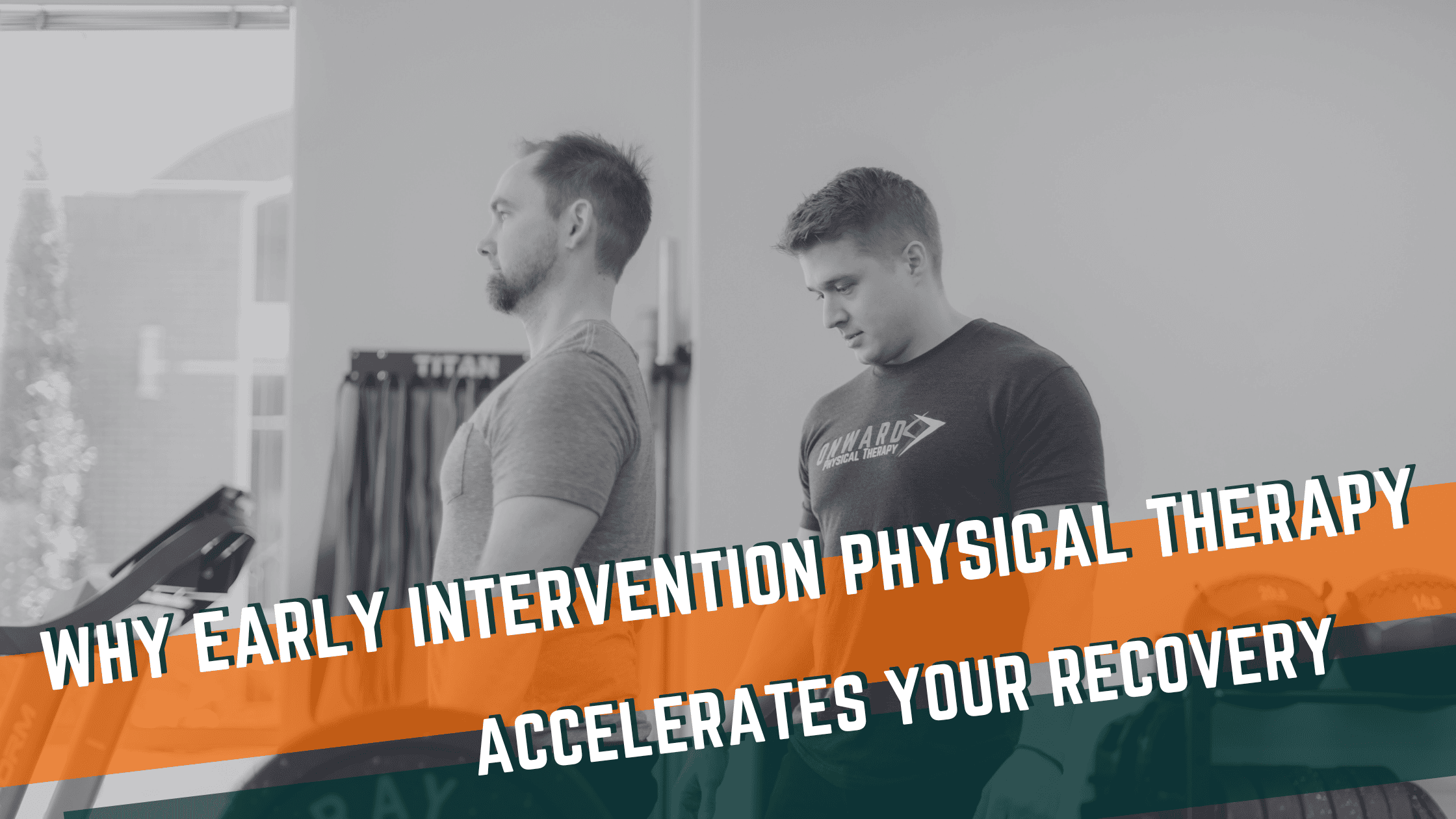
What to Expect at Your First Physical Therapy Session?
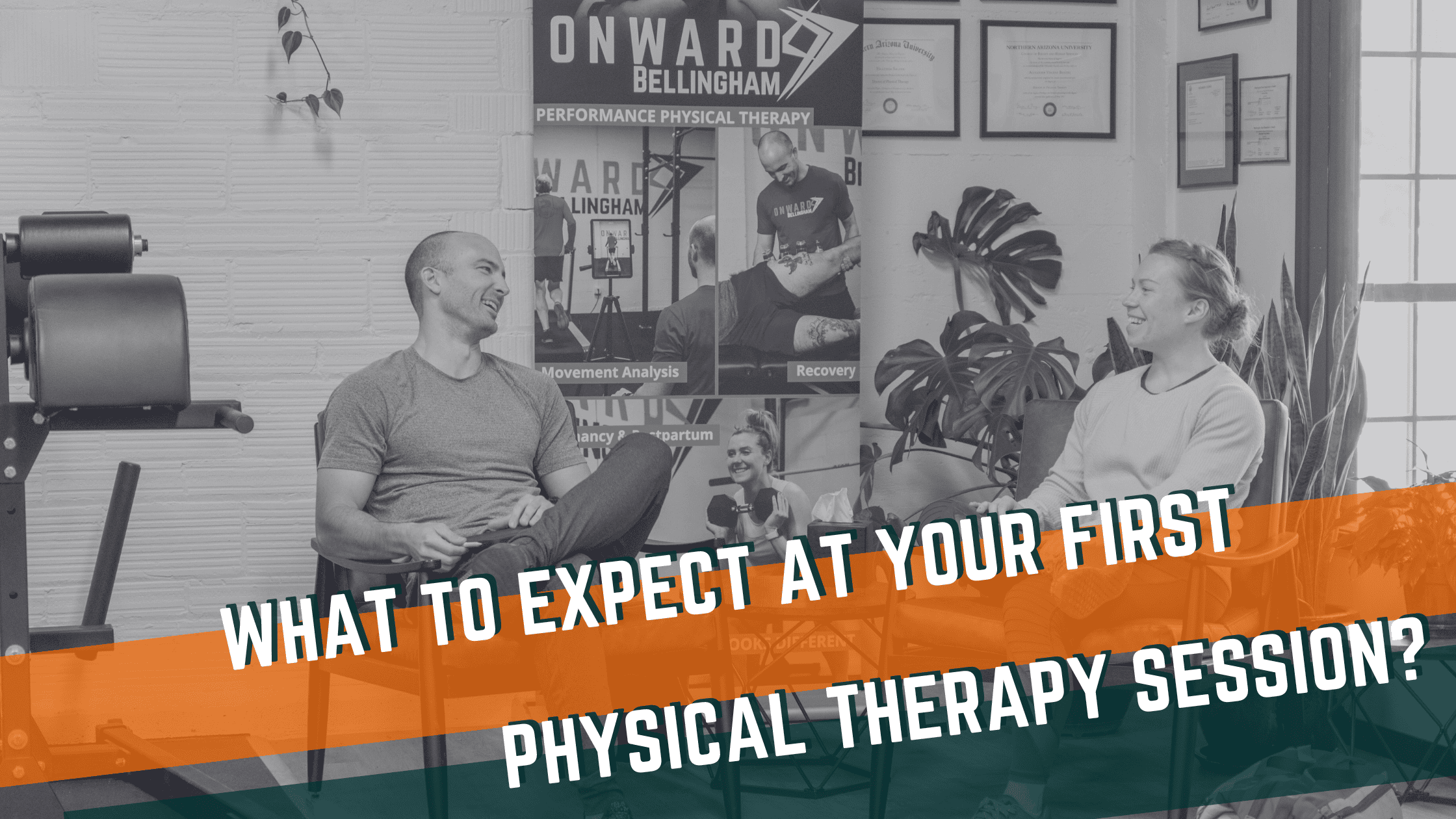
How to Choose a Physical Therapist
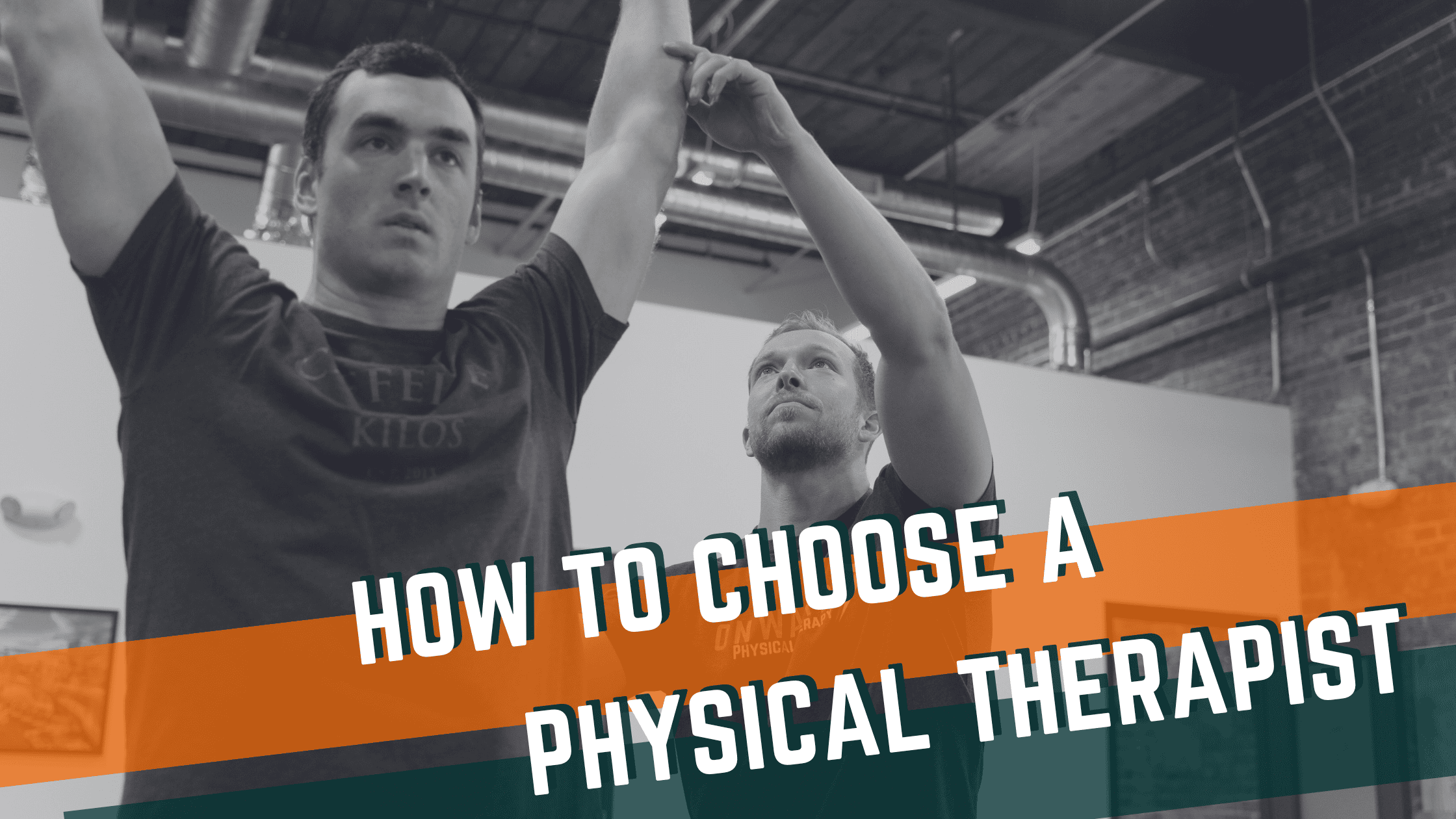
The Top 5 Misconceptions About Physical Therapy
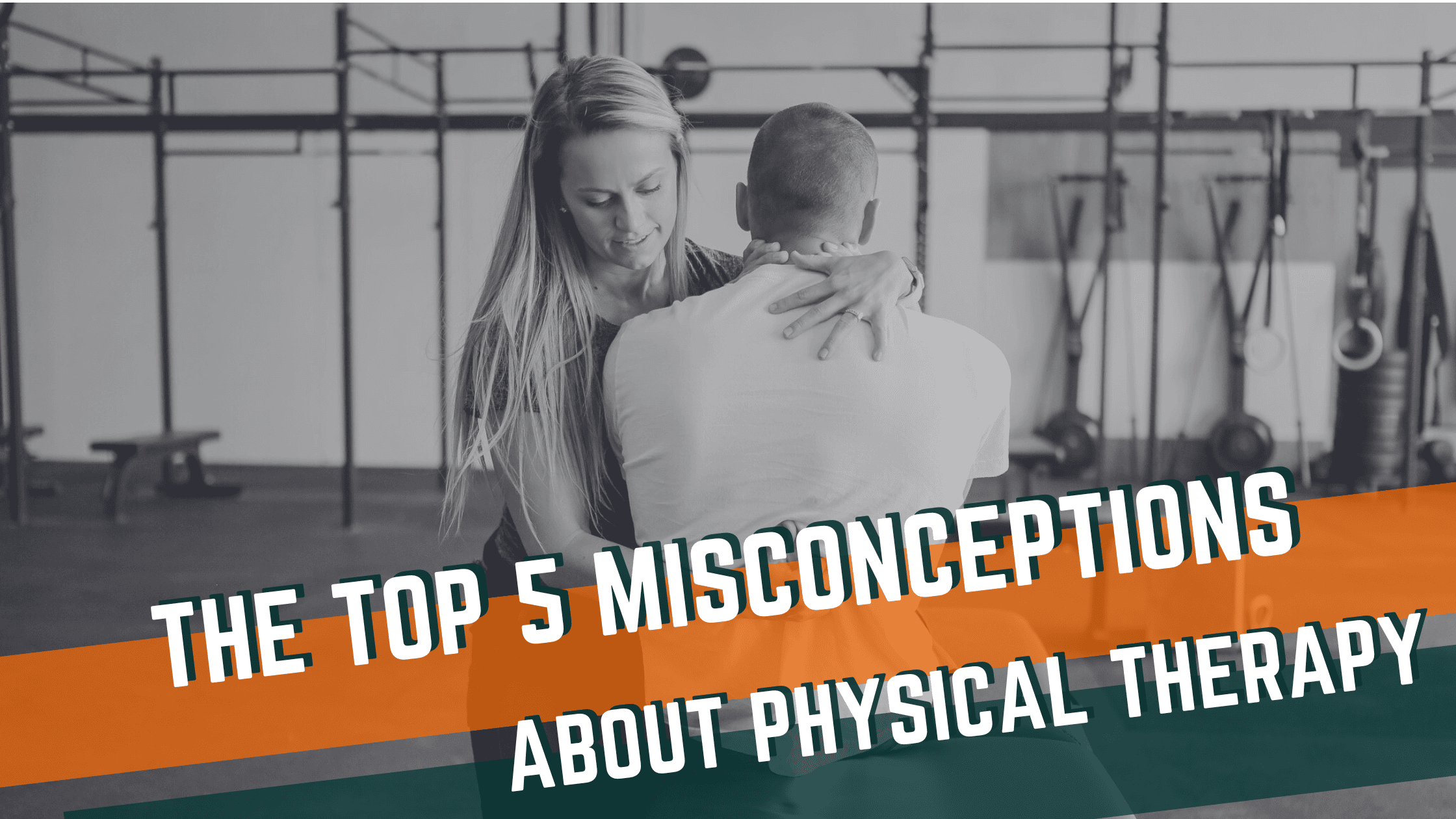
The Complete Guide to Physical Therapy
